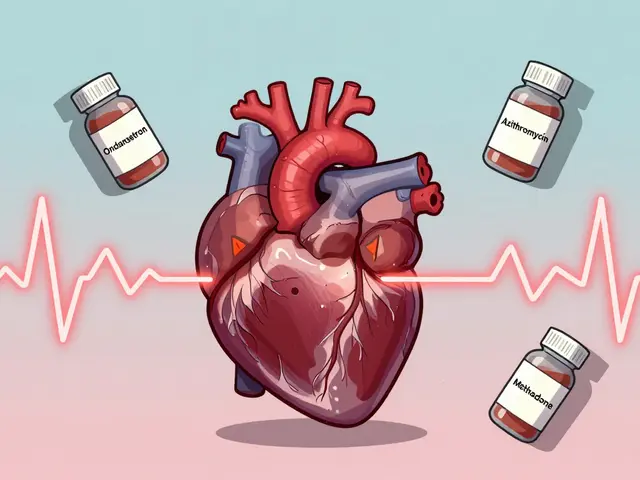Steroid Medication: What It Is, How It Works, and What You Need to Know
When doctors talk about steroid medication, a class of powerful drugs that reduce inflammation and suppress the immune system. Also known as corticosteroids, it's not the same as the muscle-building steroids you hear about in sports. These are prescription drugs used to treat everything from asthma to rheumatoid arthritis, and they work by calming down your body’s overactive defense system.
Steroid medication is often prescribed when your body’s natural response is causing more harm than good. For example, if your immune system attacks your joints in rheumatoid arthritis, or if your lungs swell up during an asthma flare-up, steroids step in to reduce that swelling and stop the damage. They’re not a cure, but they can give you back control—whether you’re struggling with eczema, Crohn’s disease, or a severe allergic reaction. The key is using them right: short-term use is usually safe, but long-term use comes with risks like weight gain, bone thinning, or higher blood sugar.
Not all steroid medications are the same. Some are taken as pills, like prednisone, while others are inhaled, injected, or applied to the skin. Each form targets a specific problem. Inhaled steroids help with lung inflammation without flooding your whole body. Topical creams treat rashes without affecting your internal organs. And injections can give quick relief to a single swollen joint. The right choice depends on what’s wrong, how bad it is, and how long you need treatment. Your doctor will balance the benefits against possible side effects—because while steroids can be life-changing, they’re not meant to be taken forever without oversight.
People often worry about steroids because of the bad press they get from bodybuilders or horror stories about side effects. But for millions, they’re a quiet hero—helping kids breathe easier, letting seniors walk without pain, or giving someone with lupus a chance at a normal day. The real issue isn’t steroids themselves, but how they’re used. Misuse, overuse, or stopping them suddenly can cause serious problems. That’s why understanding your prescription matters more than you think.
Below, you’ll find real-world guides on how steroid medication fits into broader treatment plans. You’ll see how it compares with other drugs, what to watch for when you’re on it, and how to manage its effects without losing the benefits. Whether you’re just starting out or have been using it for years, these posts give you the clear, no-fluff facts you need to stay in control.

Fludrocortisone and Eye Health: What You Need to Know
Learn how fludrocortisone can affect your eyes, signs to watch for, and steps to protect vision while treating adrenal insufficiency.





